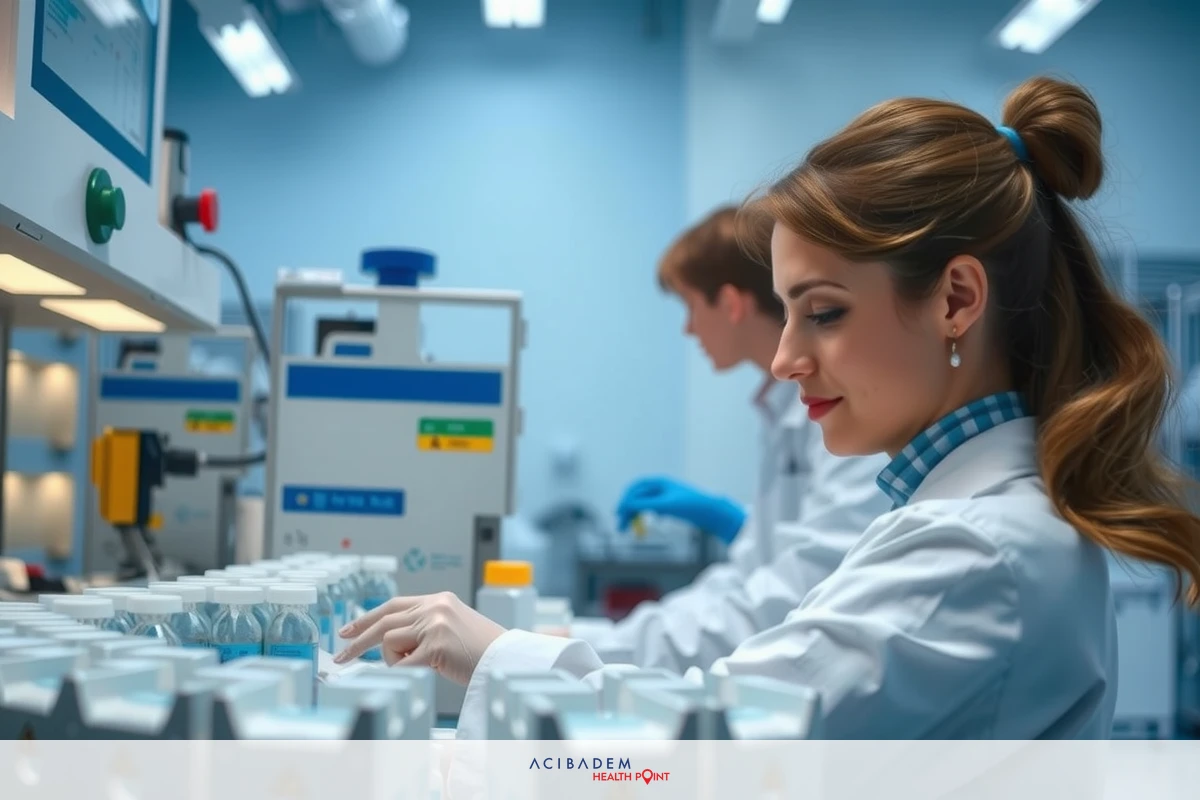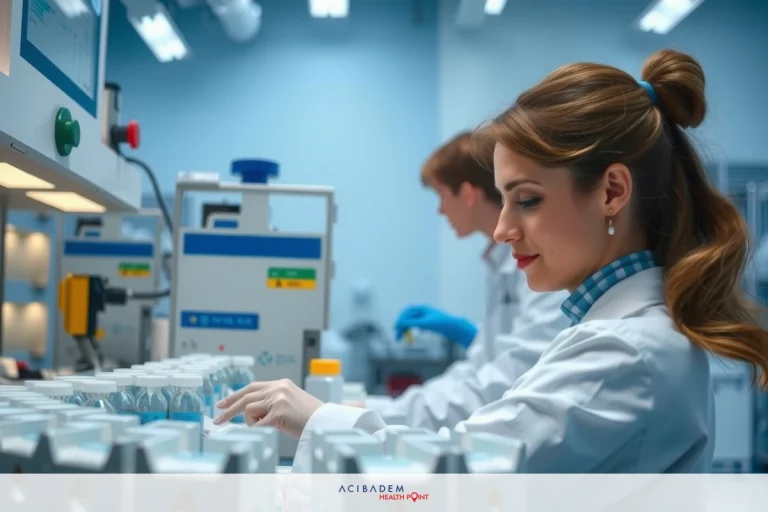What Are the Challenges in Manufacturing Monoclonal Antibodies?
What Are the Challenges in Manufacturing Monoclonal Antibodies? Monoclonal antibodies are vital tools in modern medicine. They help fight diseases and save lives. But making them isn’t simple. Companies face many hurdles along the way.
First there are technical challenges to deal with. The process needs high precision and skill. Even a small error can cause big problems later on.
Then come the regulatory barriers. Every new drug must pass strict tests before it reaches people who need it most.
Lastly economic factors play a role too. Producing these medicines costs a lot of money and time which affects everyone involved.
What are Monoclonal Antibodies?
Monoclonal antibodies are special proteins. They help the body fight diseases. These proteins target specific cells or pathogens. Scientists create them in labs using biotech methods. This process is called antibody production.
These antibodies play a big role in medical treatments. They can treat many diseases like cancer and autoimmune disorders. Doctors use them to deliver drugs directly to sick cells which boosts treatment effectiveness.
But making monoclonal antibodies isn’t easy. There are many manufacturing challenges involved. Creating these proteins needs precise conditions and skilled experts who understand the complexities of biotech issues.
Despite these hurdles their benefits are clear. Monoclonal antibodies can greatly improve patient outcomes by targeting disease at its source showing just how vital they have become in modern medicine’s toolkit.
Technical Challenges In Production
Creating monoclonal antibodies involves many steps. Each step must be exact. Any small error can lead to big production issues. The biotech methods used are very complex adding more challenges.
One key problem is maintaining sterile conditions. Contamination can ruin the entire batch. Sterile environments need constant monitoring and control which adds another layer of complexity to antibody production.
Scaling up from lab to large-scale manufacturing poses hurdles too. What works in a small setup may not work on a larger scale due to different technical factors involved in the process.
Furthermore ensuring consistency is tough but vital for safety and effectiveness. Every batch must meet strict quality standards making this part of the manufacturing process both crucial and difficult.
Lastly equipment reliability is another concern. High-tech machines are required for these processes. Any malfunction or downtime can halt production completely leading to delays and increased costs.
What Are the Challenges in Manufacturing Monoclonal Antibodies? Regulatory Hurdles
Producing monoclonal antibodies comes with strict rules. These rules ensure safety and effectiveness. Compliance is key but it’s tough.
First every new drug must pass many tests. This approval process can take years. Regulators look at each detail

closely to avoid any risks or side effects.
Companies face a lot of paperwork too. Each step needs proper documentation adding more hurdles to the manufacturing challenges already present in antibody production.
Then there’s ongoing monitoring even after approval. Companies must show their products remain safe over time by conducting continuous studies and reporting findings regularly.
Overall regulatory hurdles are both necessary and challenging for biotech companies working on monoclonal antibodies because they add layers of complexity that need careful management.
What Are the Challenges in Manufacturing Monoclonal Antibodies? Economic Factors
Producing monoclonal antibodies is very costly. The initial investment for setting up a lab is huge. High-tech equipment and skilled workers add to the cost creating significant economic factors.
Money isn’t just needed at the start. Ongoing costs also play a big role in antibody production. Raw materials are expensive and must be of high quality adding more financial burden on companies.
Funding can be an issue too. Not all projects get enough money from investors or grants so biotech companies often face funding gaps that slow their progress in overcoming manufacturing challenges.
Additionally market competition affects prices. Companies need to balance between making profits and offering affordable treatments without compromising on quality while tackling various production hurdles.
Finally long timelines mean delayed returns on investment because it takes years before monoclonal antibodies reach patients due to extensive testing phases.
How To Overcome Production Issues?
Producing monoclonal antibodies comes with many challenges. But there are ways to overcome these issues. First focus on improving the manufacturing process itself. Using advanced technology can help make production smoother and more efficient.
Training skilled workers is crucial too. A well-trained team can spot problems early and fix them quickly reducing downtime in antibody production.
Another key strategy is maintaining strict quality control. Regular checks ensure that each batch meets high standards which helps avoid costly errors later on in the biotech process.
Collaboration also plays a big role here. Partnering with other companies or academic institutions can bring new ideas and solutions to common production hurdles faced by those working in this field.
Lastly investing in research and development pays off over time by finding innovative ways to address ongoing manufacturing challenges within this complex industry.
Frequently Asked Questions
What are monoclonal antibodies used for?
Monoclonal antibodies are used to treat various diseases including cancer and autoimmune disorders.
How long does it take to produce monoclonal antibodies?
The production process can take several months due to stringent quality checks and regulatory approvals.
Are there any side effects of using monoclonal antibodies in treatments?
Yes, some patients may experience side effects such as fever, chills, or allergic reactions.








